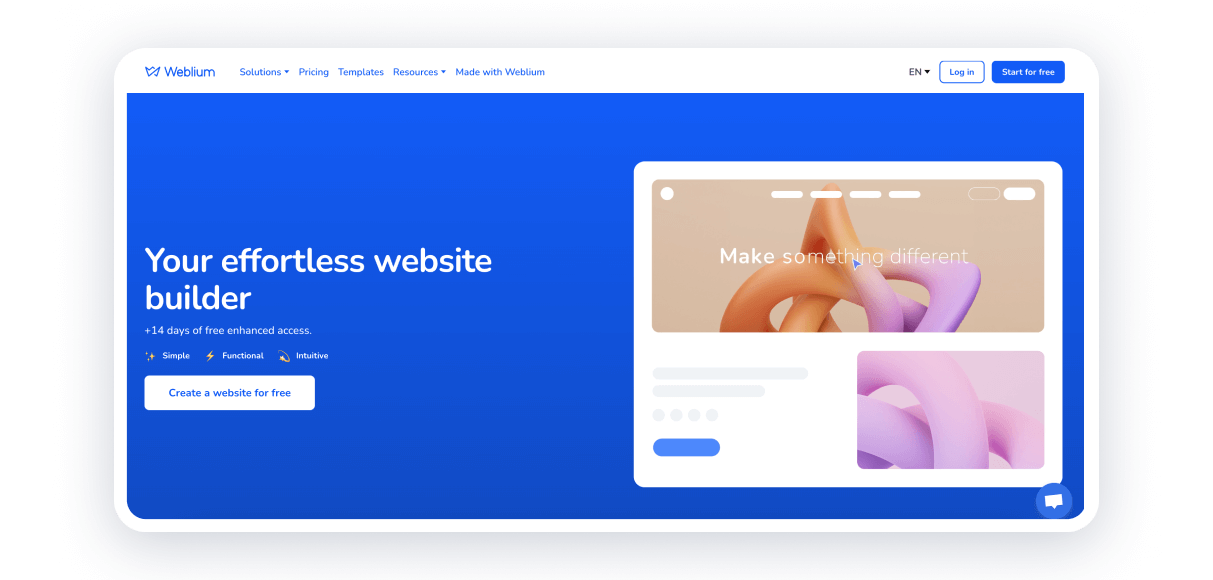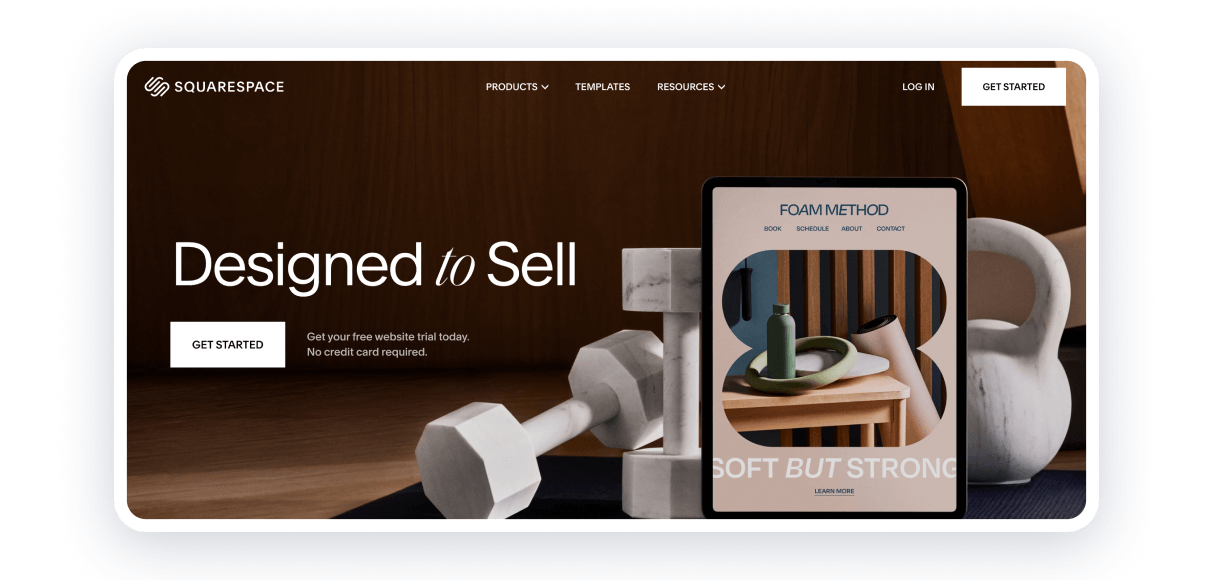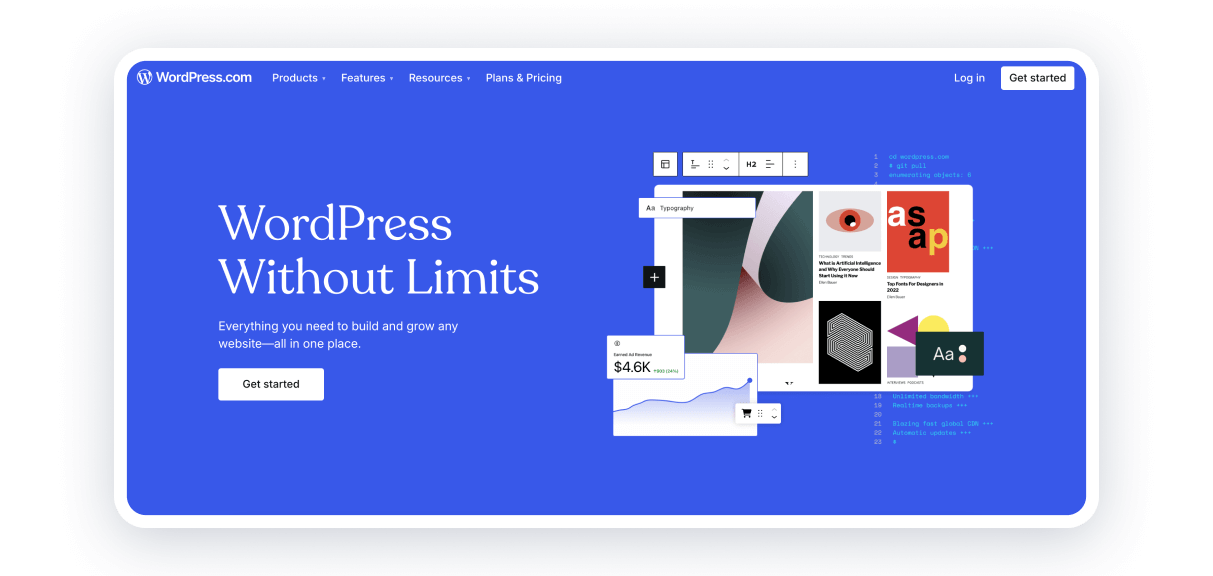Healthcare has become increasingly digital. According to Deloitte, more than 70% of patients now search online before booking a doctor’s appointment or choosing a clinic. A medical website today is not just an online brochure — it is a trust-building tool, a booking system, and often the first impression patients get of a healthcare provider. While social media is useful for visibility, a dedicated website gives medical professionals full control over branding, patient communication, and compliance.
Weblium – Fast, Secure, and Simple

Weblium is an excellent option for healthcare providers who want to get online quickly without dealing with technical complexity. Its AI-powered editor produces professional designs in minutes, optimized for speed and mobile use. Many medical practices, especially in regions with weaker internet connections, benefit from Weblium’s lightweight templates. The platform also supports multilingual websites, which is especially valuable in countries where clinics serve patients in multiple languages. For small and medium-sized clinics, Weblium provides a balance of affordability, security, and modern design.
Squarespace – Clean and Professional
Squarespace is well-suited for small practices and private doctors who want a simple, elegant website. Its modern templates provide a polished look, while built-in blogging features allow clinics to share health advice and updates. With clear navigation and mobile-friendly layouts, it helps build trust and credibility — two essentials in healthcare.
Wix – Flexible and Feature-Rich
Wix is a strong choice for medical practices that want flexibility. Its drag-and-drop editor makes it easy to design a site tailored to the clinic’s brand. Wix also supports appointment scheduling, patient forms, and even integrations for telehealth. For dentists, physiotherapists, and general practitioners, Wix provides a practical way to combine professional presentation with useful functionality.
WordPress.com – Scalable and Informative
WordPress is a great option for hospitals, multi-specialty clinics, or medical professionals who want to publish educational content. With thousands of plugins, it can host appointment booking systems, health blogs, and even patient portals. WordPress is particularly effective for healthcare providers who want to mix services with content marketing, offering both information and functionality in one place.
What Really Matters
When building a medical website, design is important — but trust and functionality matter even more. Patients expect easy navigation, fast loading speeds, and clear information about services and specialists. Mobile optimization is critical, as many patients search for healthcare providers on their phones. Security and compliance with privacy standards (such as HIPAA in the U.S. or GDPR in Europe) are also key considerations. Appointment scheduling, online forms, and contact options can turn a website into a practical tool rather than just a digital brochure.
Final Thoughts
A medical website is often the first step in a patient’s healthcare journey. Squarespace provides a clean, trustworthy look. Wix combines creative freedom with practical booking tools. Weblium offers fast, secure, and beginner-friendly solutions powered by AI. WordPress enables clinics to scale with content and advanced features. Choosing the right builder depends on whether your priority is trust, simplicity, or advanced functionality, but all of these platforms help healthcare providers deliver a professional digital presence.






